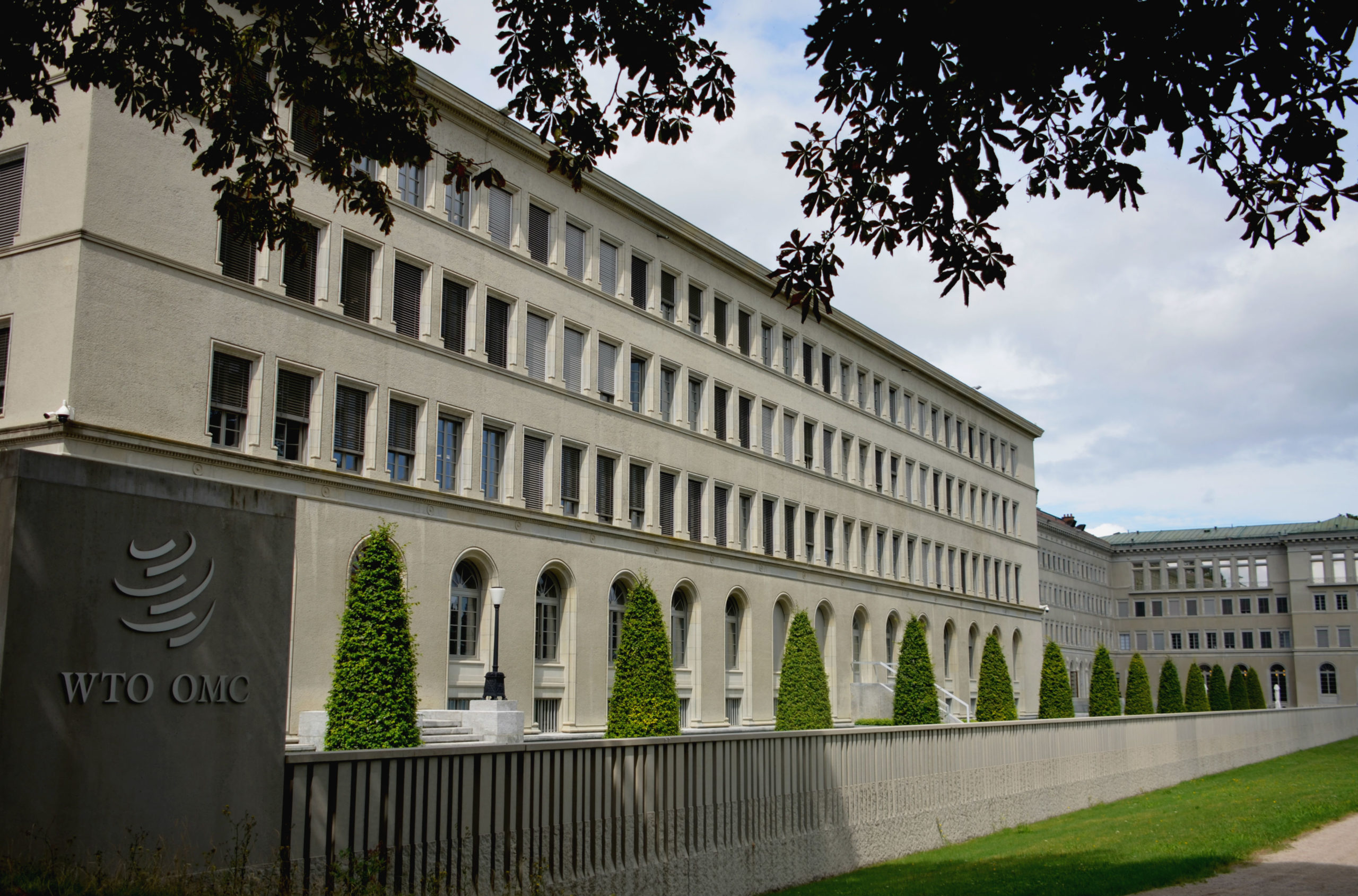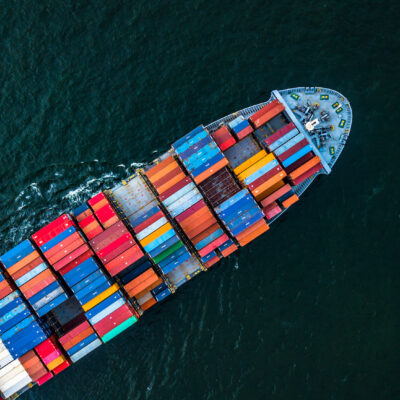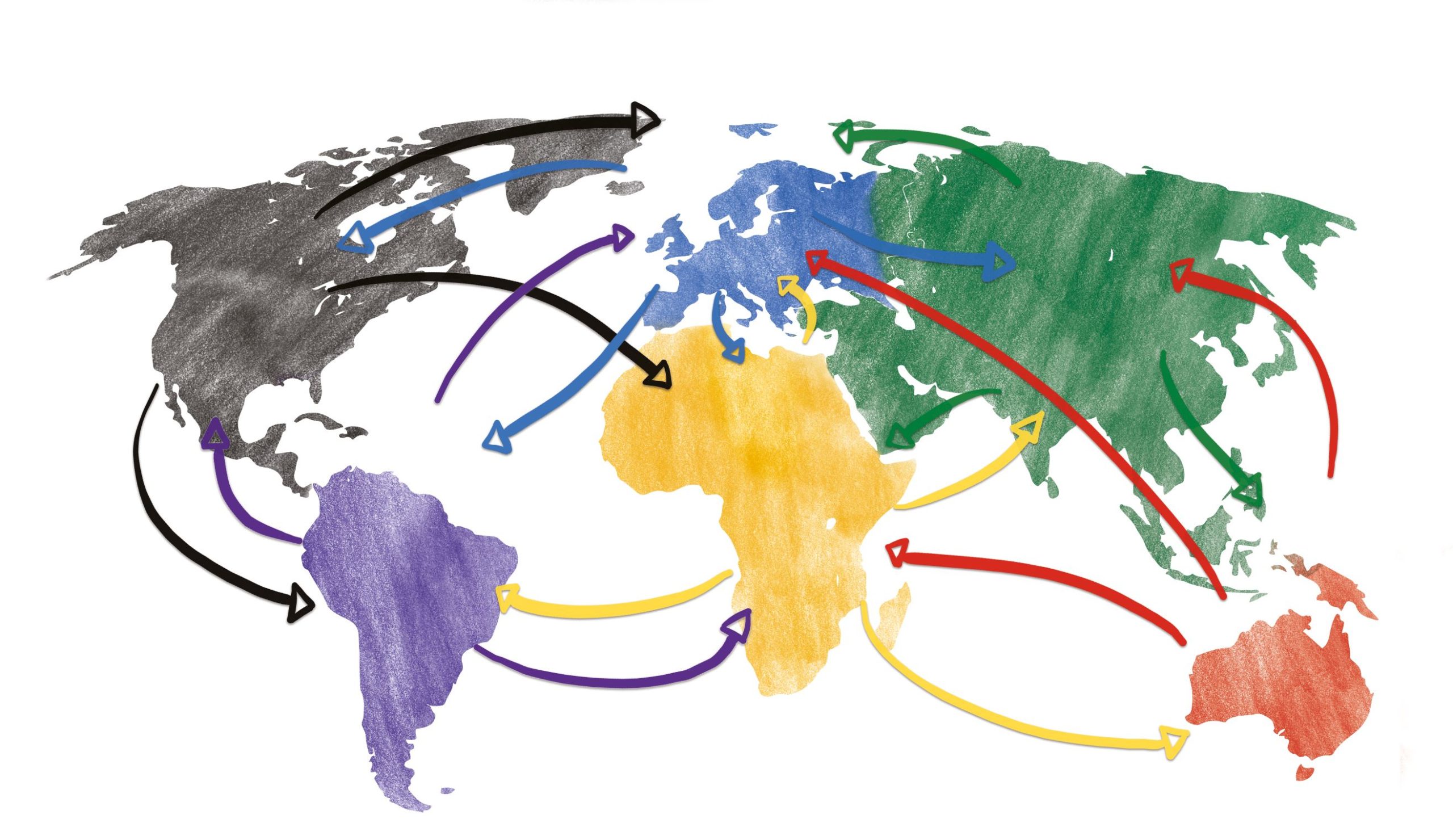
RECOMMENDED READING
Professor Dan Drezner has been crudely criticizing Senator Josh Hawley’s New York Times op-ed on U.S. withdrawal from the WTO—treating it “the way one would treat an undergrad paper in global political economy,” awarding a C-minus, and offering the feedback that, “You can do better work than this, Josh. Put in the effort, do more research and make sharper arguments next time.” He exposes the fundamental weakness of his critique though, with the claim that “Hawley prefers exiting the WTO and rejecting the estimated $2.1 trillion in benefits from trade,” in the process demonstrating exactly what simplistic economic analyses of trade policy get wrong.
The paper Drezner cites does not find WTO membership—or even trade liberalization generally—has been worth $2.1 trillion. That’s the value it calculates for trade expansion, acknowledging explicitly that:
Trade expansion stems both from policy liberalization and technological advances. Therefore, the calculated benefits from increased trade, or enhanced integration, come from these two sources. (continuing in the footnote:) This Policy Brief does not speculate on the extent to which technology diffusion by itself, without associated trade flows, could raise national income.
In other words, some share of the benefit has nothing to do with the WTO. Drezner might note that, while rhetorically conflating the concepts, he technically described the $2.1 trillion as the “benefits from trade” rather than the benefits of the WTO. But this only highlights the deeper flaw in his argument, which is his assumption that where a benefit of trade exists today, a change in trade policy would lead to an equivalent loss. That’s not what his study says.
Drezner has fallen victim to the same crucial mistake that academic analysts constantly make in advancing their models as validation of their policy preferences. They look at the world exactly as it is and try to apportion costs and benefits to policies. That’s what their statistical tools allow them to do: assign values to specific factors assuming all else is held equal. But the premise of rethinking the international trading system’s structure isn’t “the world would be better if it were exactly like it is today except we weren’t trading.” That’s silly. The premise is that with different trade policies, many other things would change too.
For instance, suppose we hadn’t offshored so much manufacturing to China. The standard complaint is “things would be much more expensive.” Is that right? If we had spent the last 30 years developing manufacturing expertise and investing in productivity, who knows? The argument goes that offshoring happened because the market locates production efficiently, but that’s only true narrowly, for an individual firm, at a moment in time. It takes no account of an economy’s trajectory or what would be best for a nation in the long run. As usual, I’ll quote longtime Intel CEO Andy Grove here:
If profit margins are the problem, we go to work on margins, with exquisite focus. Each company, ruggedly individualistic, does its best to expand efficiently and improve its own profitability. However, our pursuit of our individual businesses, which often involves transferring manufacturing and a great deal of engineering out of the country, has hindered our ability to bring innovations to scale at home. Without scaling, we don’t just lose jobs — we lose our hold on new technologies. Losing the ability to scale will ultimately damage our capacity to innovate.
If Drezner wants to argue that the economy we have today is better for Americans than would be one in which trade were balanced, domestic industry robust, and productivity rising, he’s welcome to do so. There’s a case for it, especially if one only values consumption. But his misunderstanding or else misuse of a study that says nothing of the sort (and by design can say nothing of the sort) just illustrates how we’ve gone astray. And it underscores why we should want economic policymakers who have vision and values, and can use judgment as well as regressions.
Recommended Reading
Josh Hawley, the WTO, & the Shifting World Order
Sen. Josh Hawley recently opined in the New York Times about the need for the US to back out of the World Trade Organization (WTO) and engage the global economy with bilateral trade agreements that better reflect American interests.
Policy Brief: End “Permanent Normal Trade Relations” with China
Reclaiming control of U.S. trade policy
“TRIM” the WTO, Don’t Abolish It
It is refreshing to see an increasing number of politicians and pundits from across the political spectrum calling for re-establishing their manufacturing base to address the vulnerabilities exposed in the wake of COVID-19. The latest is GOP Senator Josh Hawley, calling for the abolition of the World Trade Organization, in a NY Times Op-ed.













